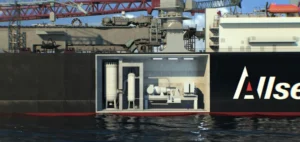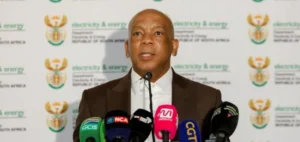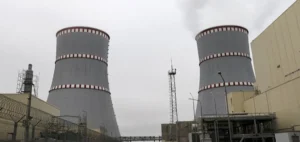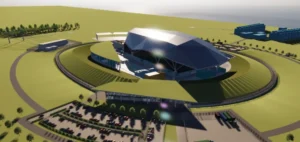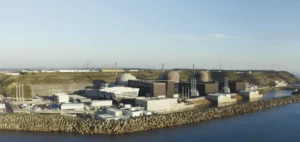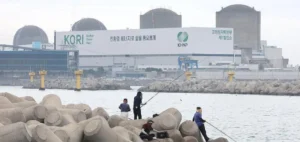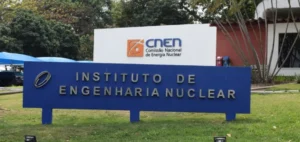EDF’s (EDF.PA) new UK nuclear power plant could cost around 2% more than expected, according to current documents. The price of the project has risen from the £25 to £26 billion (€31 to €32 billion) previously announced in May 2022 to £33 billion ($40 billion), after adjusting for inflation.
The construction of the power plant and the partnership between EDF and CGN
The UK government is currently considering the construction of new nuclear power plants to support its energy security and reduce net emissions to zero by 2050. EDF is building Hinkley Point C in partnership with its Chinese counterpart CGN, which holds a 33.5% stake in the project. With the additional costs, EDF may ask CGN for further investment, but there is a “high probability” that this will not happen and that EDF will have to take over.
The nationalization of EDF and the potential consequences for the Hinkley Point C project
EDF is in the process of being renationalized by the French government, which is of great importance for existing and future nuclear activities. Despite a record loss of 17.9 billion euros ($19.1 billion) announced this week, the French government remains committed to the company and the Hinkley Point C project. A planned start-up date is set for June 2027; however, further delays due to government-imposed shutdowns or the war in Ukraine could postpone the start-up by up to 15 months.












